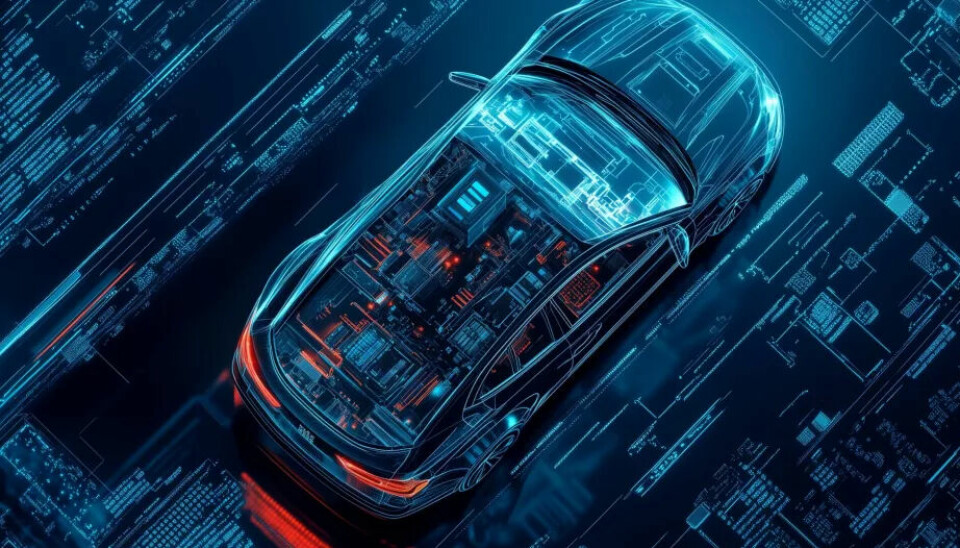Software Defined Vehicles
Joint Open-Source Stack
Automotive Industry Collaborates More Closely on Software Development

Eleven renowned OEMs and suppliers have signed a memorandum of understanding to collaborate more closely on non-differentiating vehicle software in the coming years. A first open-source-based core stack is expected to be available by 2026.
With a joint declaration, leading representatives of the German and European automotive industry are setting a sign for more cooperation in vehicle software: Eleven OEMs and suppliers, including Mercedes-Benz, BMW, Volkswagen, Bosch, and Continental, have signed a Memorandum of Understanding (MoU) at the Automobil-Elektronik Kongress in Ludwigsburg. The goal: the pre-competitive development of non-differentiating software components on an open-source basis.
Coordinated by the German Association of the Automotive Industry (VDA), the so-called Core Stack is to cover central functions such as middleware, operating system, and communication services in the future. The basic software is being developed in the S-CORE project (Eclipse Safe Open Vehicle Core) under the umbrella of the Eclipse Foundation.
“We need to become significantly faster and more efficient in software,” says VDA Managing Director Marcus Bollig. “A large part of the software is non-differentiating. We can and should develop this part together.”
Modular Ecosystem, Open Governance
The stack is to include, among other things, key and memory management, diagnostic functions, and protocols such as Ethernet or CAN - components that are not visible to the customer but are often developed redundantly. The new Core Stack will be modular and open both technologically and organisationally according to open-source principles: Further partners from Europe and around the world should be able to participate.
The development model follows the "Code-First" approach: instead of writing specifications, "operational" software is provided. The Eclipse Foundation serves as the platform, which is also responsible for governance, quality assurance, and connectivity to industry standards such as Autosar or Covesa.
Efficiency gain instead of proliferation
The joint development aims to achieve one main goal: reducing complexity. Today, according to Bollig, a supplier often has to integrate their software individually for each OEM - an enormous effort. "With a common stack, we can drastically reduce this diversity," says the VDA Managing Director. "This saves costs and creates space for genuine differentiation."
The manufacturers decide for themselves which modules they adopt. Those who rely on proprietary solutions must, however, continue to develop independently. Those who participate benefit from collective further development and quality assurance.
The risk that the initiative gets lost in the details and companies revert to proprietary interfaces and systems in some areas is to be contained by the Eclipse Foundation's framework. "Within the Eclipse S-CORE project, there are clear rules on how modules are introduced, evaluated, and further developed," emphasizes Martin Schleicher, a vehicle software expert who recently strategically managed the topic at Continental.
Martin Schleicher speaks at the car.summit 2025!
The goal is certifiability, for example according to ISO 26262. "The underlying reference architecture is binding. This ensures consistency," says Schleicher. "And: The stack that a company can use is pre-validated, meaning it has already been tested in the reference environment. Those who use it save time and resources."
Ready for series production by 2026
The first complete series version of the Core Stack is expected to be ready in 2026. Initially for platforms around automated driving. Four years later - according to the companies' plan - the software stack is to go into series production in a vehicle project. Other OEMs and suppliers are to be involved by then. The signatories - including BMW, Mercedes-Benz, Bosch, Continental, ZF, Vector, Valeo, ETAS, and Qorix - want to lay the foundation for a scalable, certifiable, and sovereign software base.
Christoph Grote, Senior Vice President Electronics and Software at the BMW Group, emphasised the importance of the initiative's open-source approach: "The BMW Group is convinced that integrated ecosystems with open-source platforms and tools will significantly advance the development of mobility solutions. A joint code-first approach will be the foundation for functional innovations in our future products."
This article was first published at automotiveit.eu

